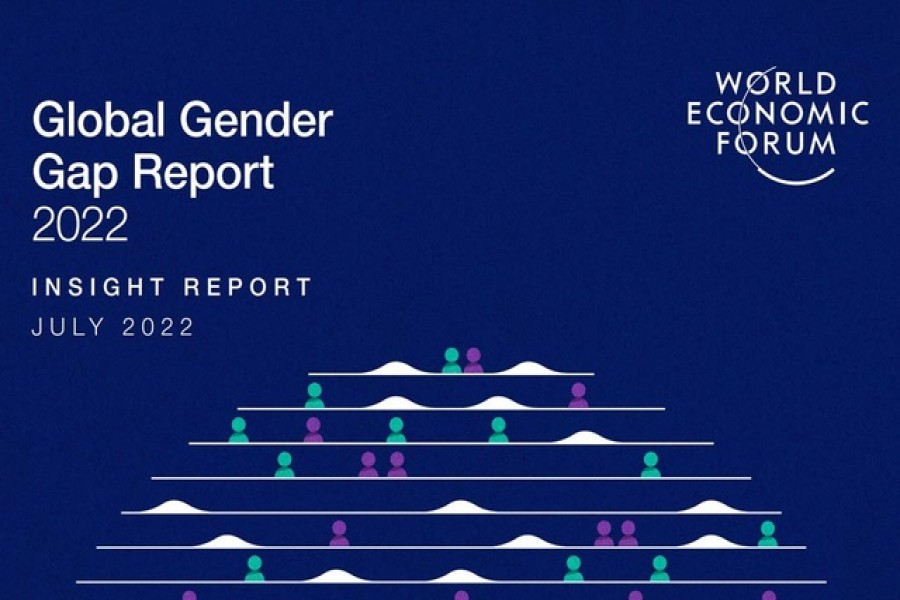The gender gap in Bangladesh is the lowest among countries in South Asia, according to a study by the World Economic Forum.
Bangladesh ranked 71st out of 146 countries on the Global Gender Gap Index 2022 with a score of 0.714, the WEF said on Thursday.
Globally, Iceland topped the list on gender equality, with a score of 0.908, while Afghanistan, where the Taliban have taken power once again, came in at the bottom with 0.435, reports bdnews24.com.
The study breaks down the overall gender parity of a country into four subindexes – economic participation and opportunity, educational attainment, health and survival, and political empowerment.
Bangladesh scored poorly in economic participation – ranking 141, better than only Egypt, India, Iran, Pakistan and Afghanistan – but ranked ninth overall in terms of political participation. It came in at 123rd on educational attainment and 129th on health and survival.
Women in Bangladesh saw a decline in overall gender parity in 2022 from 2021 according to the lower gender gap score and index ranking. That was in part due to poorer performance on educational attainment as the gender gap in literacy widened.
Bangladesh saw little change in terms of political empowerment and health and survival.
However, there was a reduction in workforce participation for both men and women, but the proportional impact was higher for women. However, the difference was counteracted slightly by an increase in the share of women engaged in professional and technical work as well as an increase in estimated earned income.
Women line up to vote in the Cumilla City Corporation elections on Jul 15, 2022.Women line up to vote in the Cumilla City Corporation elections on Jul 15, 2022.South Asia ranked the worst among the eight regions in the report in terms of closing the gender gap. The study noted that there was a lack of progress on gender parity in most countries since the last edition of the report.
Bangladesh topped the regional ranking, followed by Nepal, Sri Lanka, Maldives, Bhutan, India, Iran, Pakistan, and Afghanistan.
Bangladesh and Nepal had closed 69 per cent of their gender gaps, the WEF said, while Afghanistan had only closed 43.5 per cent, the lowest in the world.
As a whole, the region scored the lowest in the world on the economic participation index, and lagged in terms of health and survival and educational attainment.
The best indicator for the region is political empowerment, which has usually been strong due to the high share of women in political leadership. Bangladesh, India and Nepal, where women have held the highest office in the country or participate more widely in government, scored the highest in the region on this front.


